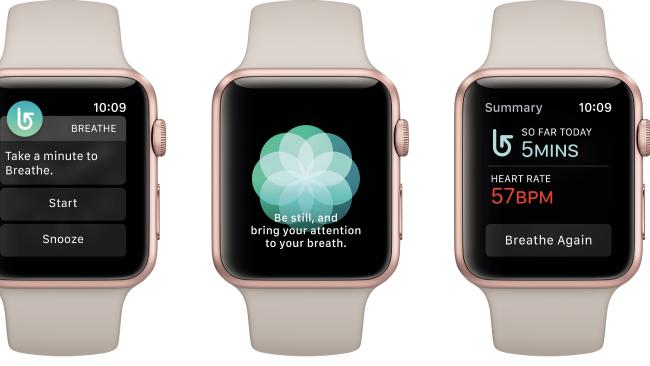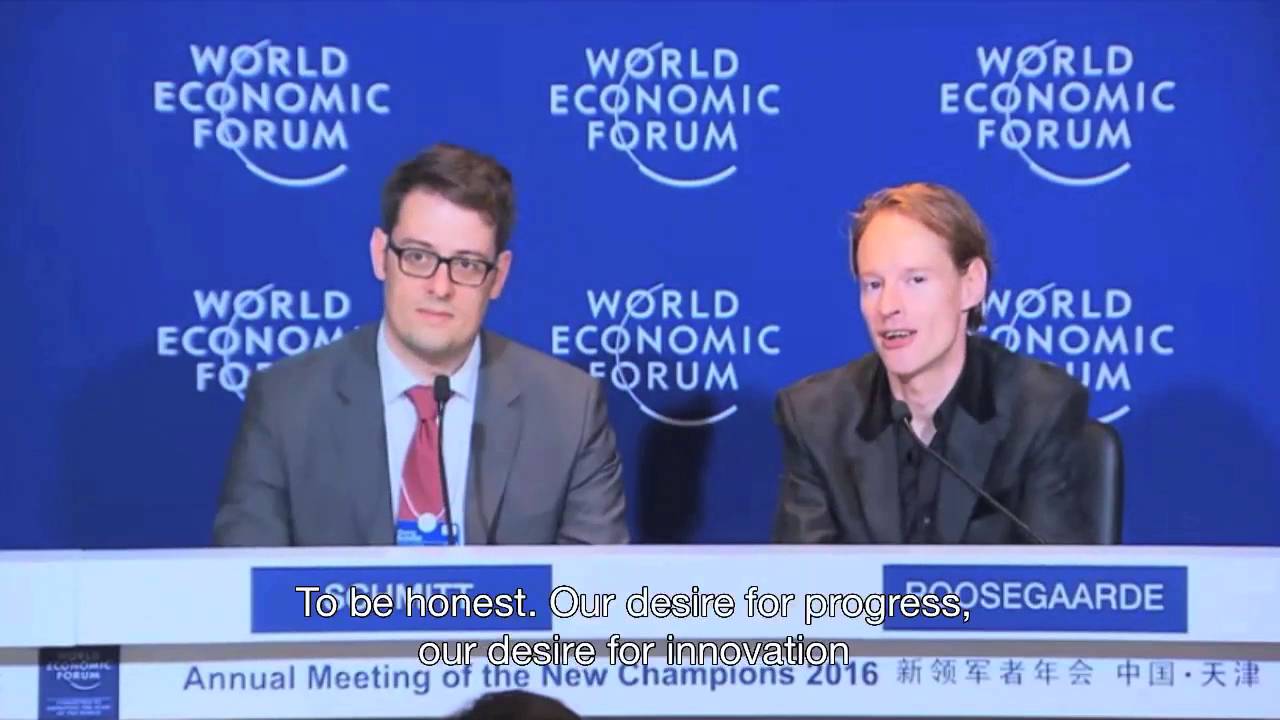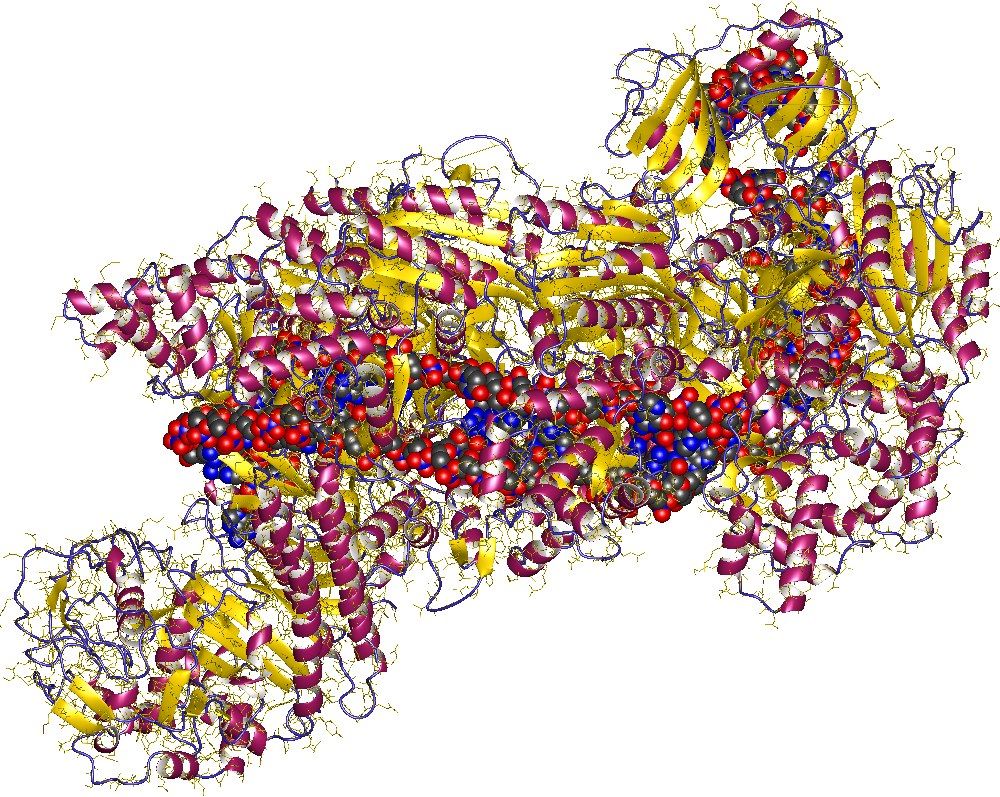A new story with lots of transhumanism in it:
Zoltan Istvan is in the running for President of the United States. You may not have heard of him, but if elected, he hopes to put an end to death. All of it. (Yes, seriously).
There are people right now walking around with artificial hearts – something that many people believed would not happen for another decade (or even longer). There are quadriplegics no longer bound to a wheelchair, but walk with exoskeleton technology. There are hundreds of thousands of people with brain implants that help them with various ailments. In short, recent technological breakthroughs like these open up the possibility for humans to enhance themselves and their health—and perhaps to even become immortal (someday).
As you can imagine, such radical developments demand strong, intelligent and science-focused political leadership. That is why Zoltan Istvan, of the Transhumanist Party, says that he is running for U.S. President this year, as the #ScienceCandidate.
He thinks that, by encouraging America to embrace science and technology, we could transform our lives and the planet by overcoming poverty, aging, and even death…and all in the coming generation.
Read more






